The entertainment industry offers thousands of options for leisure, but only logical projects allow you to pump your thinking as much as a muscle-strengthening machine. A selection of puzzle games on a PC forms not just a collection of entertainment content, but an intellectual platform with unique mechanics, the depth of tasks and author’s concepts. Here, it’s not shooting that decides the outcome, but the flexibility of the mind. Each project on our list is an independent universe with original mechanics, visual presentation and unexpected twists of logical chains. Immersion in them does not require speed of reaction, but it develops abstract thinking, attention to detail, and strategic planning.
Portal 2: Teleporters and Paradoxes
Portal 2 holds a leading position in any top of puzzle games on PC due to the balance of innovative mechanics and thoughtful design. The core of the gameplay is the portal gun, which opens two connected portals, between which the character and objects move. But behind the simplicity lies a chain of tasks with elements of physics, timings and interaction with the surrounding world.
Each location is a separate puzzle, including platforms, lasers, gels with different effects and objects to transfer. The game introduces elements one by one, increasing the complexity and varying the approach. The non-linear presentation and colorful characters of GLaDOS and Wheatley create a dense dramatic field. The combination of science fiction and satire adds rich context to the puzzles.
The Witness: Isolated Meditation
 In a selection of puzzle games on PC, it is impossible to bypass The Witness, which is based on observation, symmetry, and visual association. There is no plot in the traditional sense, but instead, the game immerses the player in the atmosphere of a mysterious island, where each maze panel offers a unique solution rule.
In a selection of puzzle games on PC, it is impossible to bypass The Witness, which is based on observation, symmetry, and visual association. There is no plot in the traditional sense, but instead, the game immerses the player in the atmosphere of a mysterious island, where each maze panel offers a unique solution rule.
The game does not restrict the player’s movement. Instead, the player can freely navigate between different areas, where they can solve puzzles based on light, color, reflection, sound, and shadows. The game does not provide direct hints, but instead, they are embedded in the environment. There is no interface in the game. The environment is the main dialogue between the game and the player’s logic. The Witness requires observation, comparison, and memorization, making each success particularly satisfying.
Baba Is You: A Game of Reinterpretation
When verbs become buttons and rules become part of the gameplay, Baba Is You is born. It’s not just about logic; it’s a syntactic revolution. The player changes the laws of the level’s physics by moving the words that form the rules. For example, the phrase “Wall Is Stop” makes walls impenetrable, but by changing it to “Wall Is Push,” they become movable objects.
Baba Is You offers not traditional puzzles but a philosophical system where every word is a variable and every stage is an equation. Mistakes are not punished; they are analyzed. Experiments are encouraged, even if they lead to absurdity. The graphics are extremely simple, but every detail is carefully thought out. The game teaches logic, flexibility, and even the basics of programming through mechanics.
Return of the Obra Dinn: Deduction Without Time
The black-and-white style and the concept of an investigation without action have made Return of the Obra Dinn a cult project within the collection of puzzle games on PC. The main objective is to reconstruct the scene of the crew’s death using only frozen scenes and a single mechanical lens.
There are no predetermined answers; it’s all about observation. The game provides indirect clues through accents, clothing, and body positions. Each name and cause of death are obtained through a deductive chain that only the player can construct. Stylization for old computers, minimalism in management, but maximum density of meanings and options for interpretation. A puzzle for real detectives.
The Talos Principle: a philosophical puzzle game on PC from the top selection
The Talos Principle combines mechanical challenges and metaphysical reflections. The player-controlled robot explores the ruins of ancient civilizations while solving puzzles and answering philosophical questions from the AI system.
The gameplay revolves around manipulating lasers, boxes, fans, and teleporters. However, each action is part of a larger narrative about consciousness, free will, and the future of humanity. Alongside solving puzzles, the player discovers terminals filled with texts, dialogues, and philosophical questions. This makes the game not just a puzzle, but an interactive discussion.
Gorogoa: A Visual Puzzle Beyond the Patterns
Gorgoa does not use traditional controls or texts. The visual language completely replaces the interface, and the puzzles are based not on the logic of numbers, but on the logic of images. The playing field consists of four panels, each of which represents an illustration detail. The player moves, scales, combines and “puts” images into each other — creating meanings at the intersection of shapes, patterns and perspectives.
Instead of the usual gameplay, an artistic composition is used. Horizons connect, buildings become roads, windows turn into portals. Gorogoa offers a truly authorial approach to building logic problems, which cannot be described in words — it can only be experienced. There is no sound clutter, timers, or penalties. The visual style, inspired by oriental miniatures and pencil drawings, creates a unique atmosphere of meditative analysis.
Fez: rotating space as a way of thinking
Fez is a spatial puzzle game on PC from the collection where a two-dimensional world hides a three-dimensional structure. The main character can rotate the entire world around its axis, revealing new paths, hidden elements, and previously inaccessible platforms.
Each level is an encrypted structure. The path is not found; it is created. Rotating is the key to solving the puzzle. The player observes, evaluates the perspective, tests rotations, and searches for the correct configuration. In addition to spatial challenges, Fez includes codes, hidden alphabets, and digital puzzles. The meta-game makes the project especially attractive for those who enjoy decryption and a deductive approach.
Opus Magnum: Alchemy and Engineering in One Bottle
Opus Magnum offers the opportunity to build perfect alchemical machines using articulated manipulators, rotary mechanisms, and logical chains. The game combines the aesthetics of steampunk with engineering precision. The player designs devices that take raw materials and transform them into the desired product. There are no restrictions on the solution; the same level allows for dozens of unique machines, ranging from elegant to bulky. Each machine requires an understanding of the sequence of actions, timing, and repeatability.
Human: Fall Flat is a cooperative puzzle game on PC
Human: Fall Flat offers physics not as a backdrop, but as the main obstacle and tool. Soft-bodied characters with inertia and unstable controls create a chain of tasks that require ingenuity rather than precision. The game implements cooperative mechanics where the second player doesn’t help but makes the task more challenging, which adds to the charm. Dragging boxes, activating platforms, and balancing structures all turn into a chaotic experience that requires coordination and creativity. The game offers humorous falls, spontaneous ideas, and the opportunity to solve a task in a way the developer didn’t anticipate. This is logic in the shell of improvisation.
Monument Valley — geometry of the impossible
Monument Valley is a symbiosis of Escher’s architecture and meditative gameplay. The game is controlled not by the character, but by the structure of the world itself. Bridges move, columns rotate, and angles of perception change.
The game is based on visual illusions: a platform may seem inaccessible, but after the structure is rotated, it becomes a direct path. The focus is not on action logic, but on observation logic and trust in one’s own perception. Each level is an architectural sculpture with minimalistic musical accompaniment. Monument Valley is like an interactive exhibition, where every turn reveals a new picture.
Conclusion
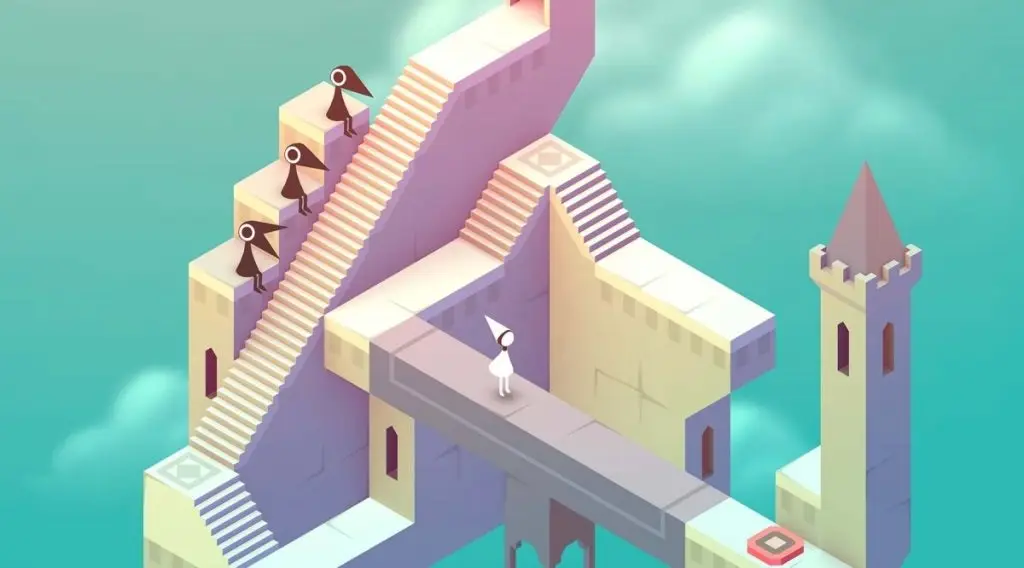 A selection of puzzle games on PC proves that an intellectual challenge can be just as exciting as a fast-paced shooter or an epic RPG. Each title is not just a task, but a work built on thinking, observation, and abstract analysis. These games do not offer “template” solutions. They require finding new approaches, unconventional solutions, patience, and inner discipline.
A selection of puzzle games on PC proves that an intellectual challenge can be just as exciting as a fast-paced shooter or an epic RPG. Each title is not just a task, but a work built on thinking, observation, and abstract analysis. These games do not offer “template” solutions. They require finding new approaches, unconventional solutions, patience, and inner discipline.

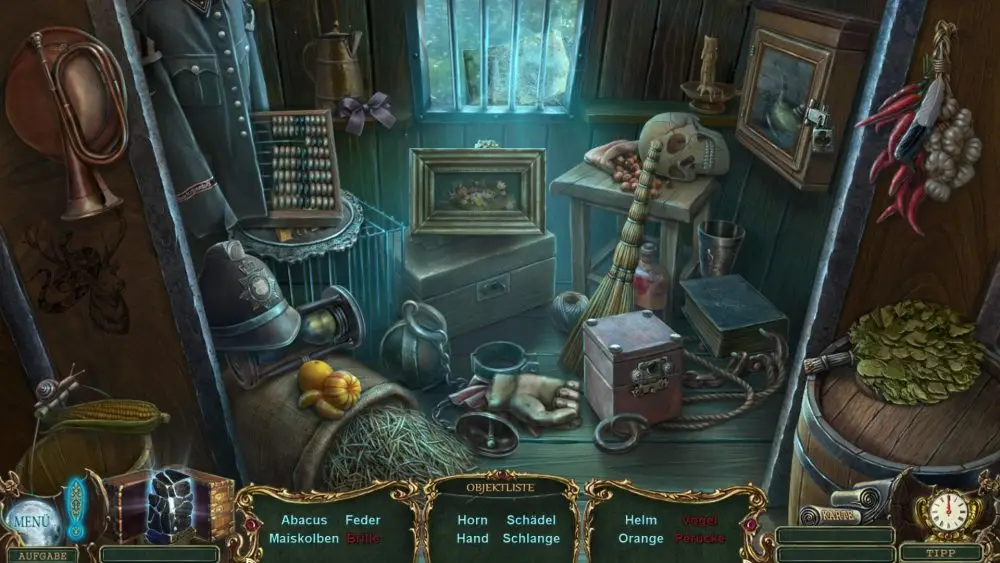

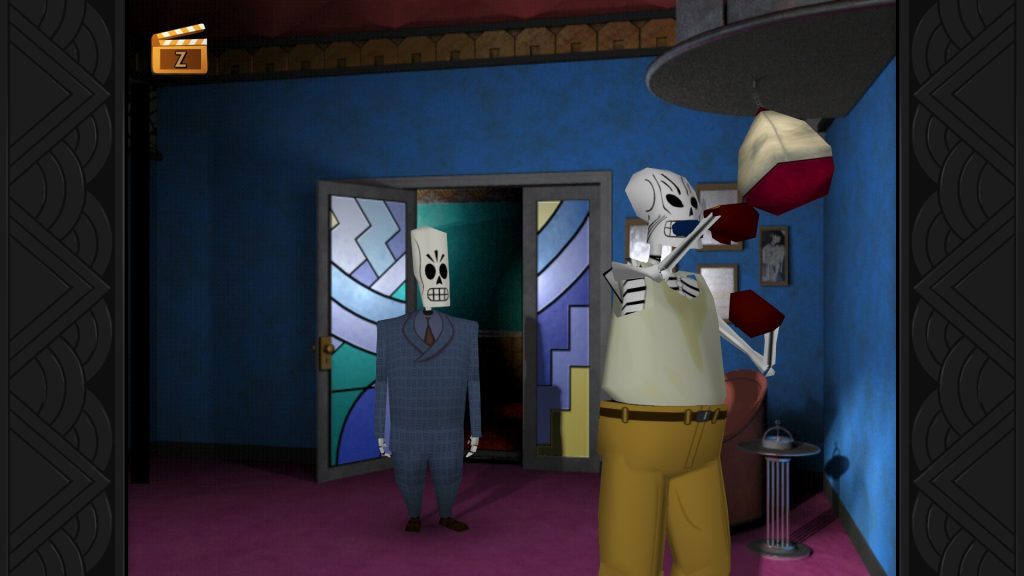 Rubakava is a hub location with many entry points and transitions. The main character now owns a bar and participates in more complex schemes. Here, completing Grim Fandango requires active logistics between zones and characters.
Rubakava is a hub location with many entry points and transitions. The main character now owns a bar and participates in more complex schemes. Here, completing Grim Fandango requires active logistics between zones and characters. The passage of Grim Fandango is a gradual immersion in the symbolism of death, a reinterpretation of the world, and a philosophical exploration of the theme of transition. The structure of the game, as well as the plot, revolves around the repeated analysis of actions, interactions with characters, and careful observation of the environment. In Grim Fandango, every move has consequences.
The passage of Grim Fandango is a gradual immersion in the symbolism of death, a reinterpretation of the world, and a philosophical exploration of the theme of transition. The structure of the game, as well as the plot, revolves around the repeated analysis of actions, interactions with characters, and careful observation of the environment. In Grim Fandango, every move has consequences.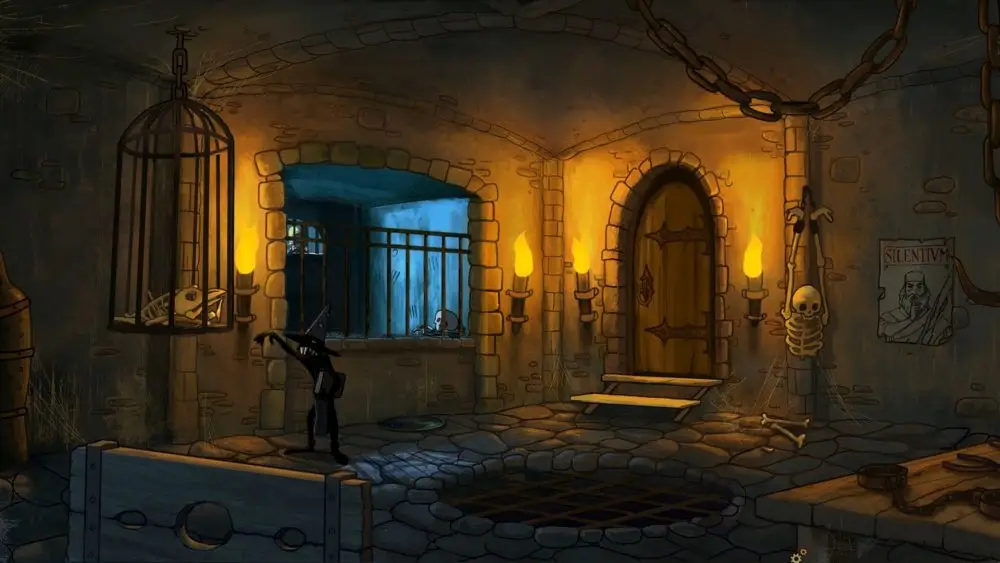
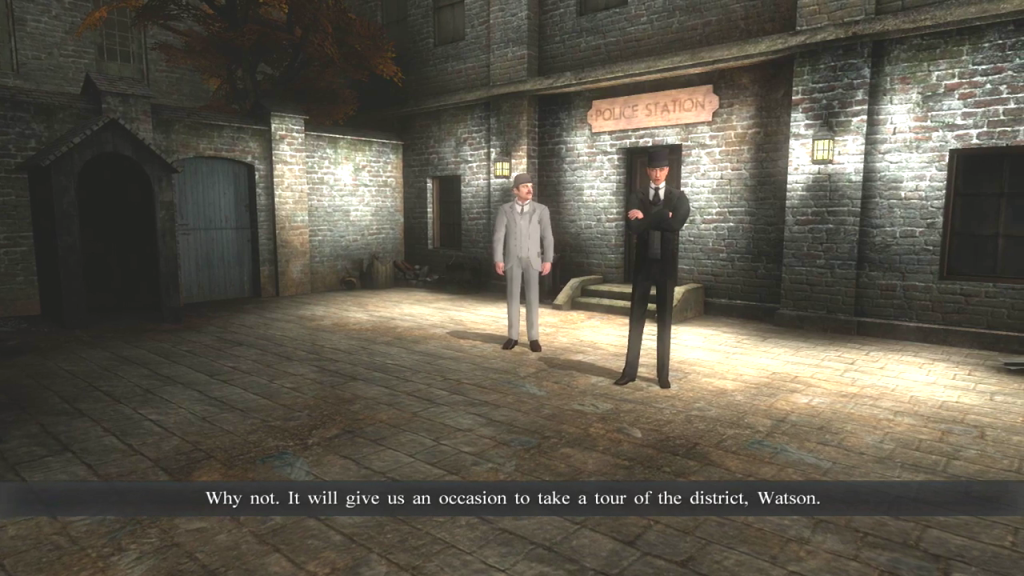 Let’s explore the essence of the genre using well-known projects as examples.
Let’s explore the essence of the genre using well-known projects as examples.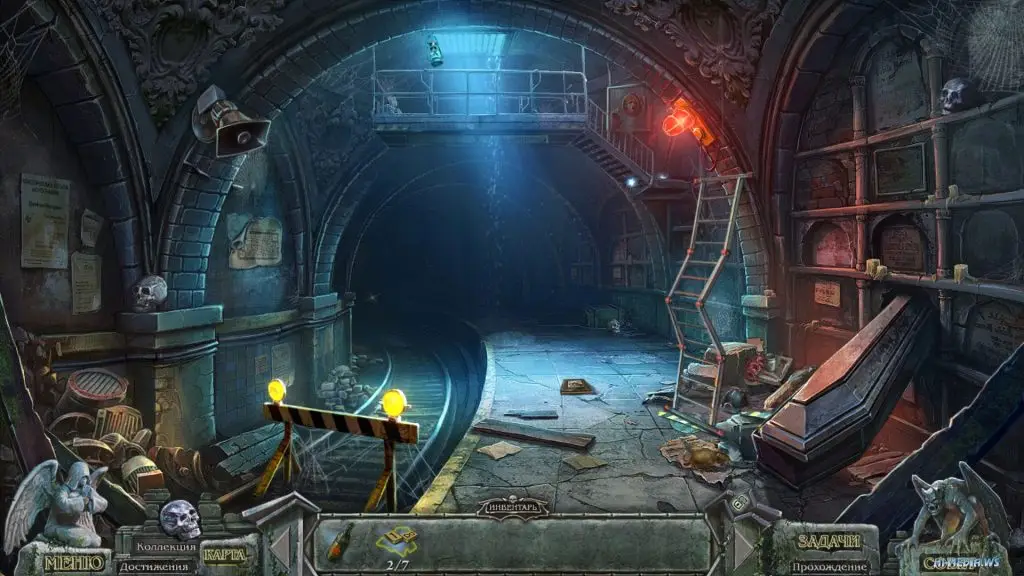 PC quest games from the 2000s are a thing of the past, but they have shaped a genre that continues to influence the industry. Even decades later, the projects remain the standard of quality, thoughtfulness and artistic expression. They proved that the plot, atmosphere and attention to detail can hold the player more than any graphics. The industry is cyclical. Interest in retro genres is growing. The games described above deserve repeated attention.
PC quest games from the 2000s are a thing of the past, but they have shaped a genre that continues to influence the industry. Even decades later, the projects remain the standard of quality, thoughtfulness and artistic expression. They proved that the plot, atmosphere and attention to detail can hold the player more than any graphics. The industry is cyclical. Interest in retro genres is growing. The games described above deserve repeated attention.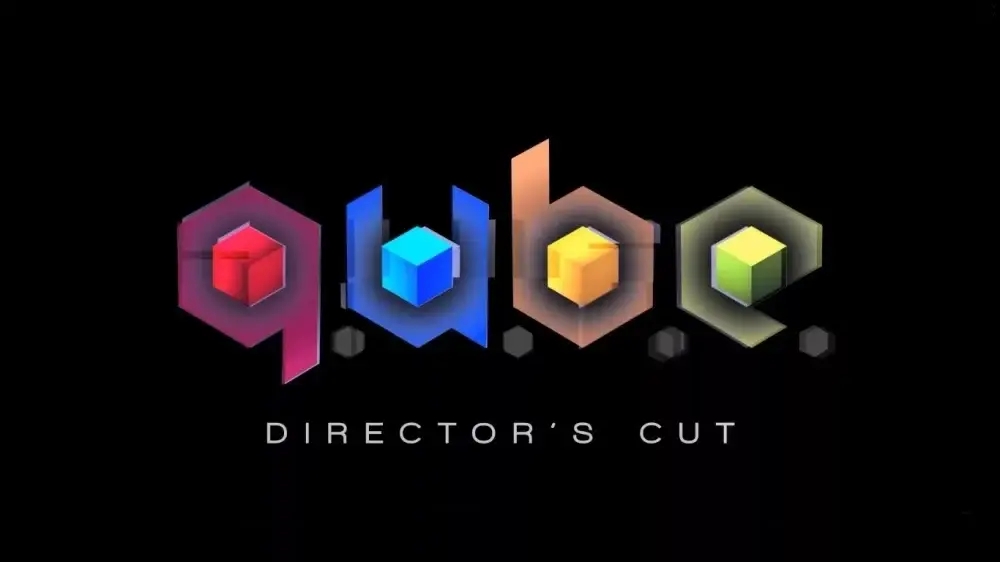
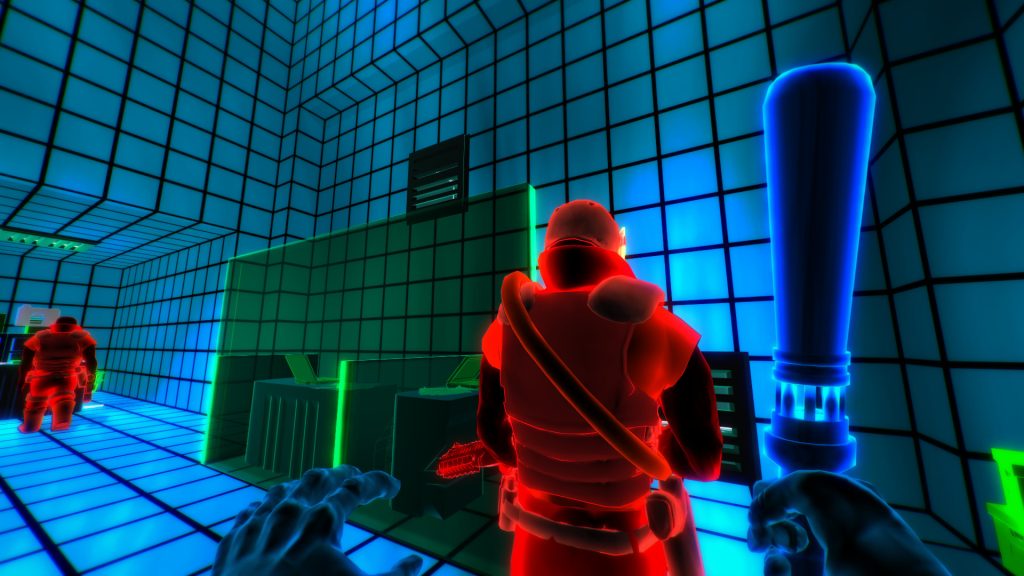 The main mechanic of the game is the manipulation of colored cubes, each of which has unique properties:
The main mechanic of the game is the manipulation of colored cubes, each of which has unique properties: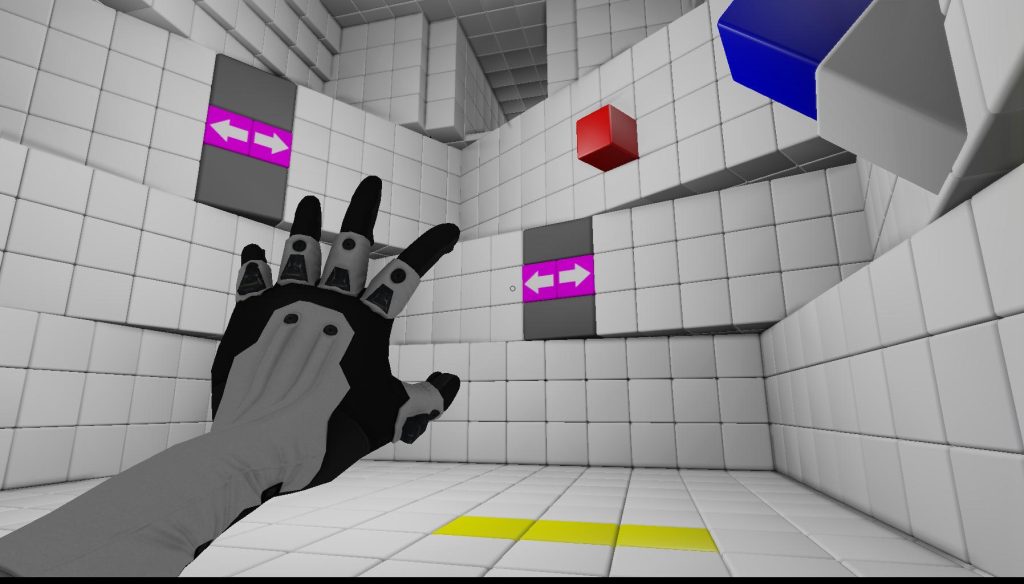 For fans of logic games, the puzzle game Q.U.B.E. 3 is a must-have. The game offers engaging gameplay, challenging puzzles, advanced physics, and an intriguing storyline. If you found the previous installment interesting, the new version will be even more captivating. Q.U.B.E. 3 remains one of the best puzzle games on the market, appealing to both puzzle enthusiasts and those seeking an unusual and visually appealing game.
For fans of logic games, the puzzle game Q.U.B.E. 3 is a must-have. The game offers engaging gameplay, challenging puzzles, advanced physics, and an intriguing storyline. If you found the previous installment interesting, the new version will be even more captivating. Q.U.B.E. 3 remains one of the best puzzle games on the market, appealing to both puzzle enthusiasts and those seeking an unusual and visually appealing game.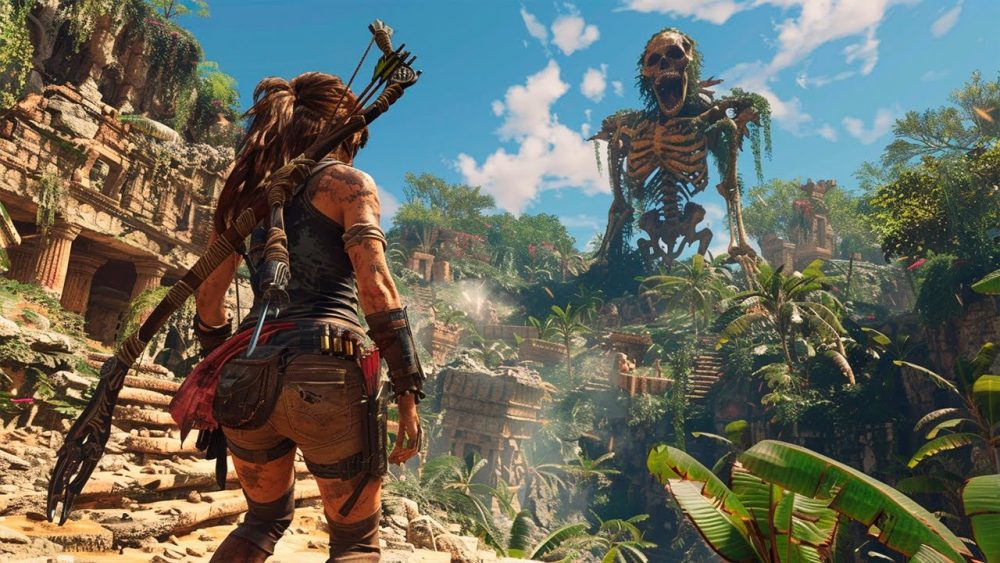
 The scenario is built around the disappearance of a hacker in the underground technobarricades of the metropolis. The camera is in first-person view, and the interface is stylized as an 80s movie. Each episode is a single VHS file. The lack of autosave enhances the anxiety and creates a paranoid atmosphere. The narrative unfolds through terminals, phone conversations, clues, and other people’s notes. The character’s actions influence the structure of their memories. The visual glitches and interference are not just an element of setting; they encode information. Critics have already called the project a “dream game,” and users have given it an 8.9 out of 10 rating on major platforms.
The scenario is built around the disappearance of a hacker in the underground technobarricades of the metropolis. The camera is in first-person view, and the interface is stylized as an 80s movie. Each episode is a single VHS file. The lack of autosave enhances the anxiety and creates a paranoid atmosphere. The narrative unfolds through terminals, phone conversations, clues, and other people’s notes. The character’s actions influence the structure of their memories. The visual glitches and interference are not just an element of setting; they encode information. Critics have already called the project a “dream game,” and users have given it an 8.9 out of 10 rating on major platforms.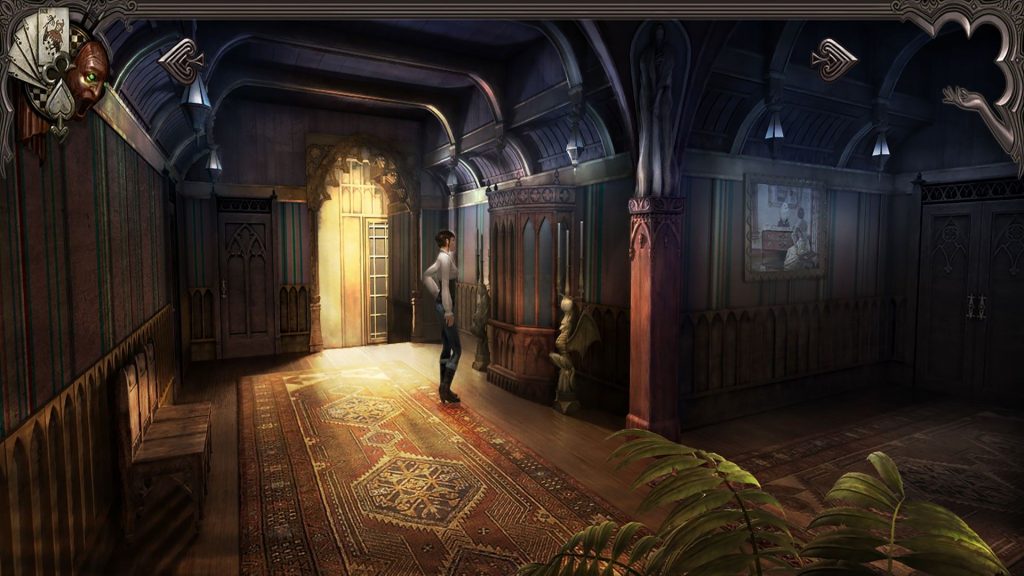 Modern quests have gone beyond the genre. They have evolved into a study of emotions, memory, and perception. The projects continue to transform: from a story game to an interactive experience, from a puzzle to a dialogue with oneself. Answering the question of which quests to play in 2025 requires more than just a list of releases. It’s about immersion, trust in the developer, and willingness to reflect.
Modern quests have gone beyond the genre. They have evolved into a study of emotions, memory, and perception. The projects continue to transform: from a story game to an interactive experience, from a puzzle to a dialogue with oneself. Answering the question of which quests to play in 2025 requires more than just a list of releases. It’s about immersion, trust in the developer, and willingness to reflect.
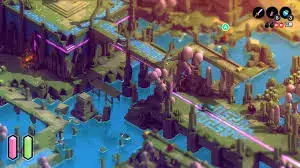 As the player progresses, he will find many artifacts and treasures that help advance the plot or improve the fox’s abilities.
As the player progresses, he will find many artifacts and treasures that help advance the plot or improve the fox’s abilities. If you are looking for a game that combines addictive gameplay, charming visual style and intellectual challenges, then Tunic is the perfect choice. This game offers a unique experience that makes you think, learn new things and enjoy every moment.
If you are looking for a game that combines addictive gameplay, charming visual style and intellectual challenges, then Tunic is the perfect choice. This game offers a unique experience that makes you think, learn new things and enjoy every moment.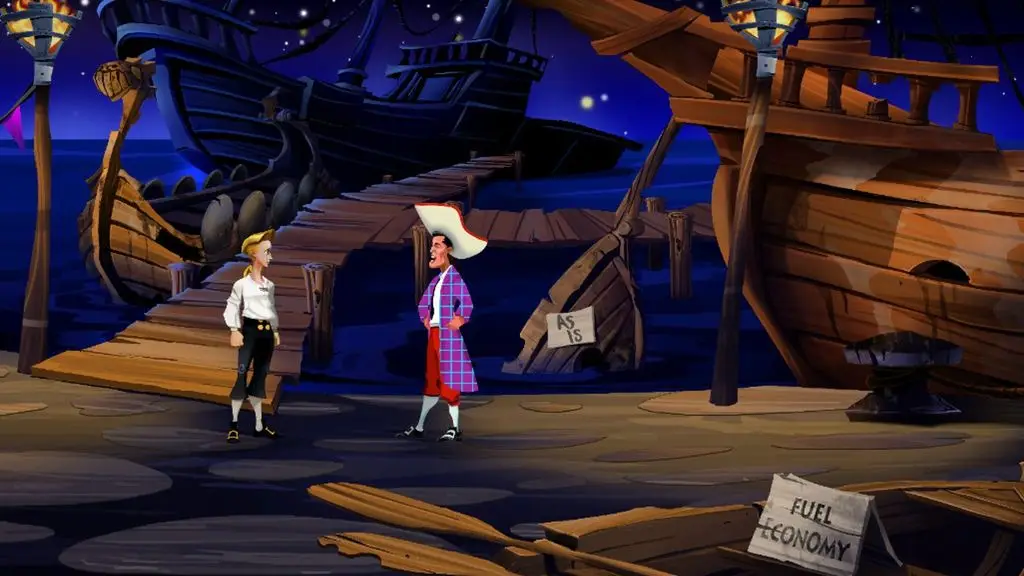
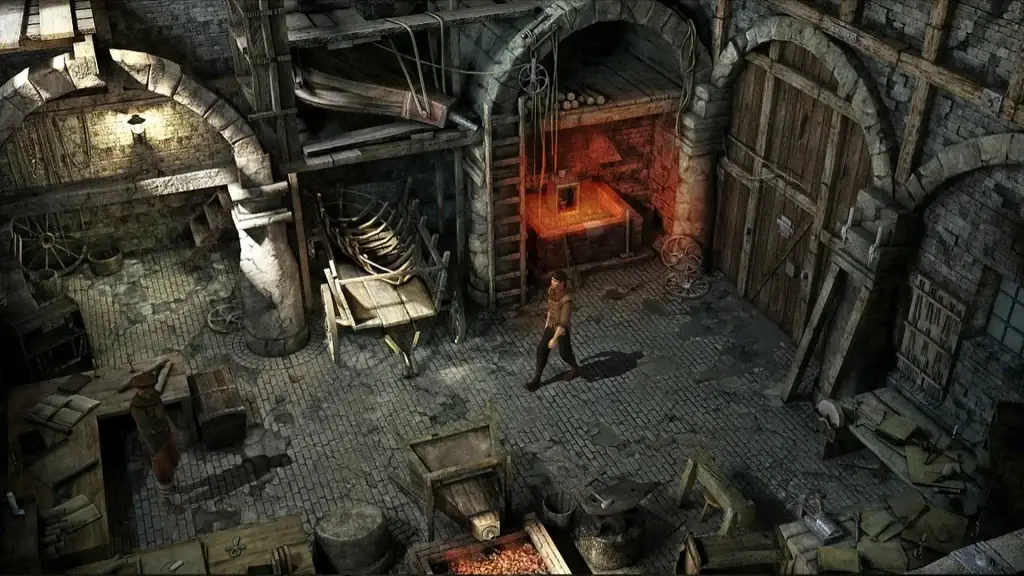 In 1993, Myst from the Cyan Worlds studio was released. It became one of the best-selling and innovative point’n’click games of its time. The authors created a unique world full of riddles, mysterious machines and intriguing locations. There are no usual dialogues and characters — players explore the world and solve puzzles, relying only on their attention and logic.
In 1993, Myst from the Cyan Worlds studio was released. It became one of the best-selling and innovative point’n’click games of its time. The authors created a unique world full of riddles, mysterious machines and intriguing locations. There are no usual dialogues and characters — players explore the world and solve puzzles, relying only on their attention and logic.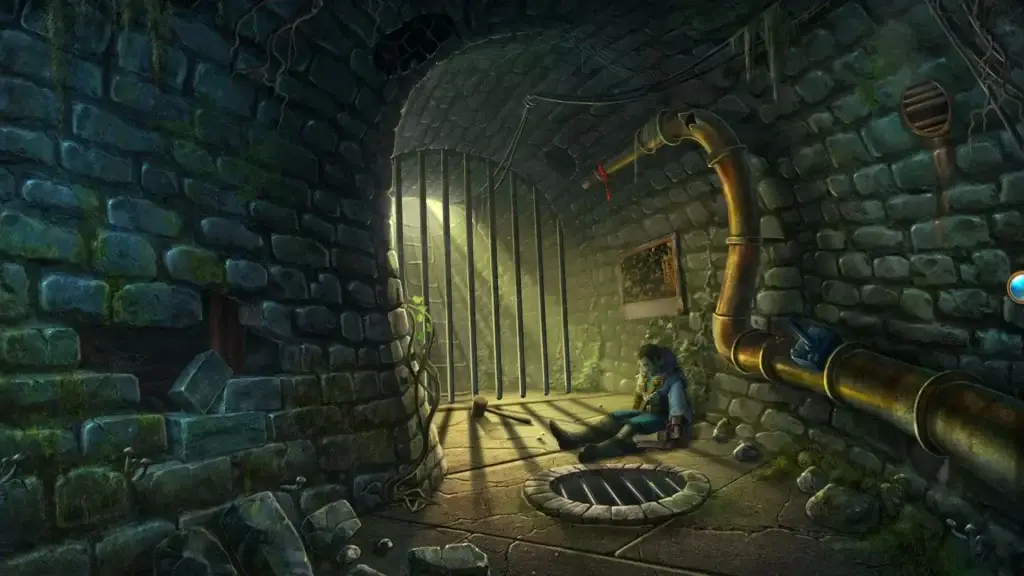 Old quests on PC are a living memory of the golden age of computer entertainment. These projects opened up entire worlds, forced you to think outside the box and immersed you in exciting stories. Today, they continue to inspire new generations of developers and players, offering that unique experience that is so lacking in modern projects.
Old quests on PC are a living memory of the golden age of computer entertainment. These projects opened up entire worlds, forced you to think outside the box and immersed you in exciting stories. Today, they continue to inspire new generations of developers and players, offering that unique experience that is so lacking in modern projects.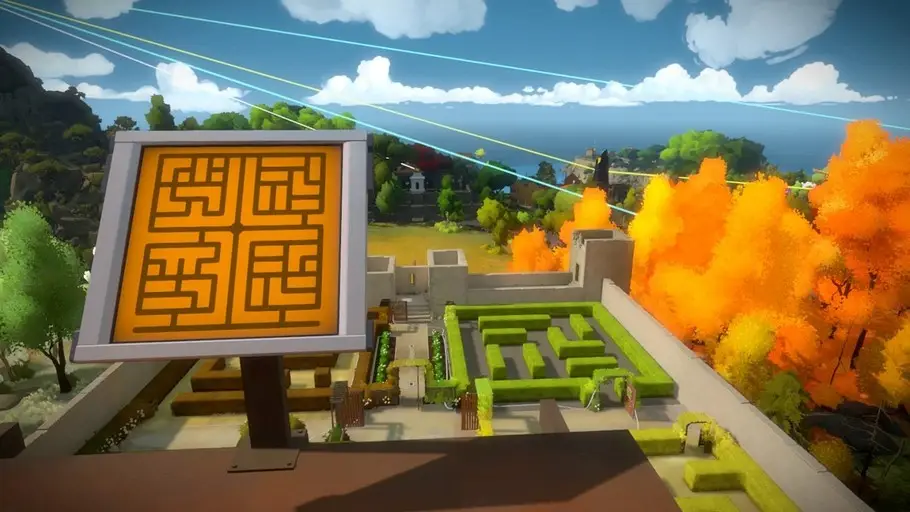
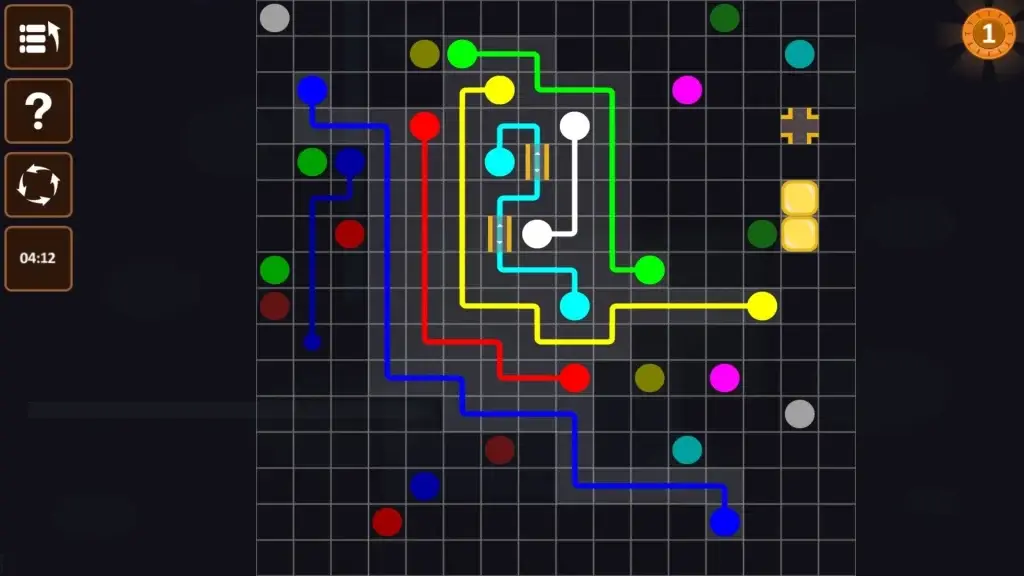 Inside is the spiritual successor to Limbo, which offers even more complex puzzles and an emotionally charged plot. The participant moves through gloomy locations, interacting with the environment. For example, one of the tasks requires controlling a group of characters using magnetism. Characteristics:
Inside is the spiritual successor to Limbo, which offers even more complex puzzles and an emotionally charged plot. The participant moves through gloomy locations, interacting with the environment. For example, one of the tasks requires controlling a group of characters using magnetism. Characteristics: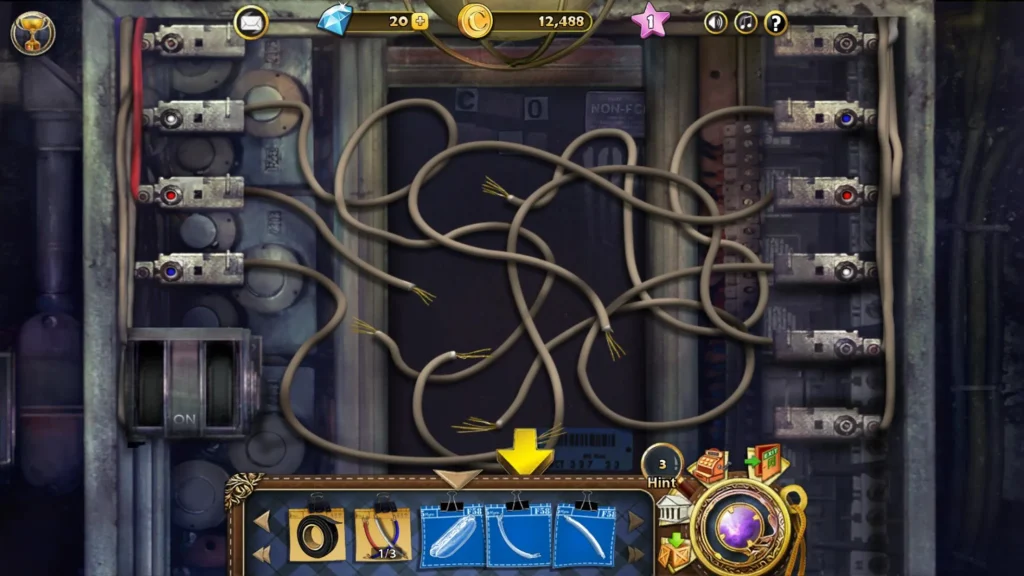 Logic games on PC continue to amaze with their depth and diversity. These projects develop thinking, provide intellectual challenges and inspire non-standard solutions. Each of the presented concepts is unique and deserves the attention of both experienced and novice players.
Logic games on PC continue to amaze with their depth and diversity. These projects develop thinking, provide intellectual challenges and inspire non-standard solutions. Each of the presented concepts is unique and deserves the attention of both experienced and novice players.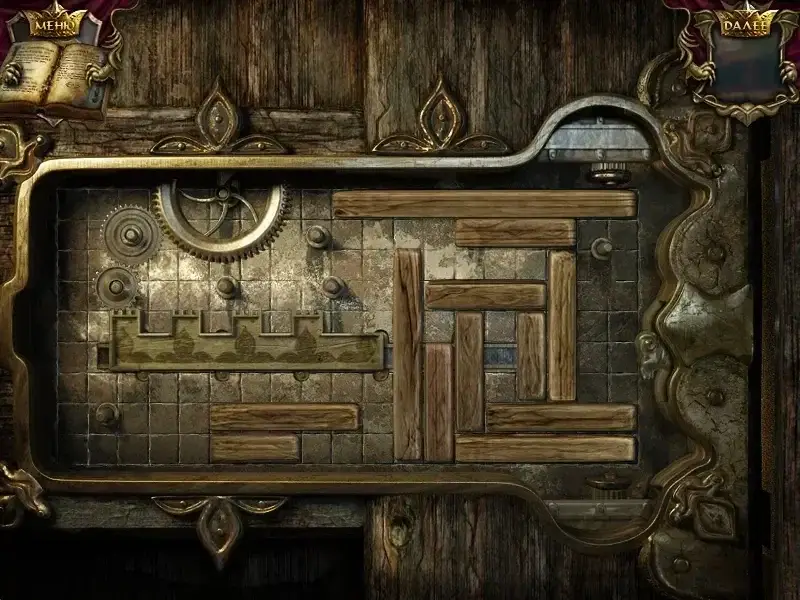
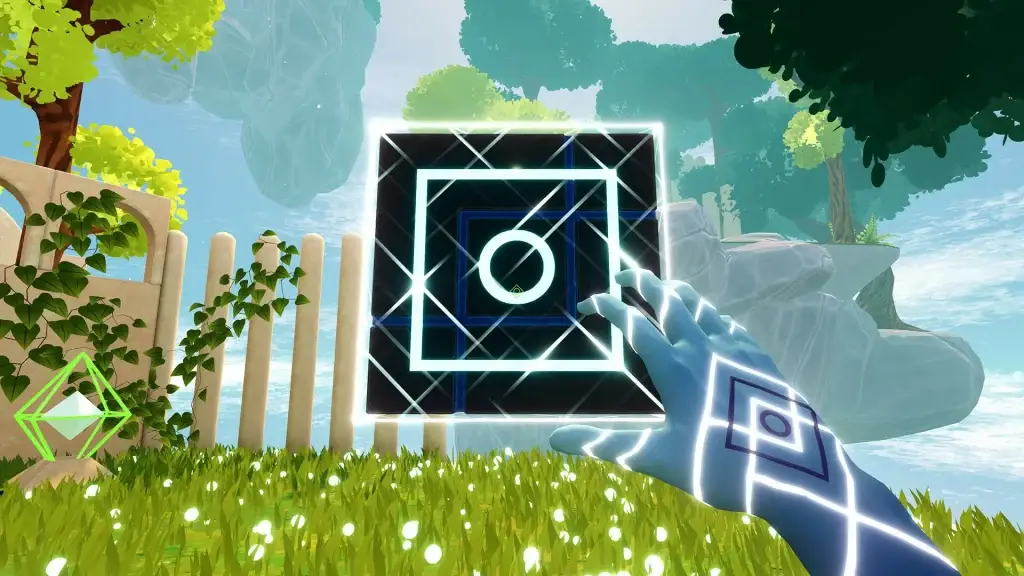 PC puzzles with horror elements are becoming increasingly popular, and 2024 is no exception. Projects that combine riddles and horrors have become a real discovery for those looking for thrills.
PC puzzles with horror elements are becoming increasingly popular, and 2024 is no exception. Projects that combine riddles and horrors have become a real discovery for those looking for thrills.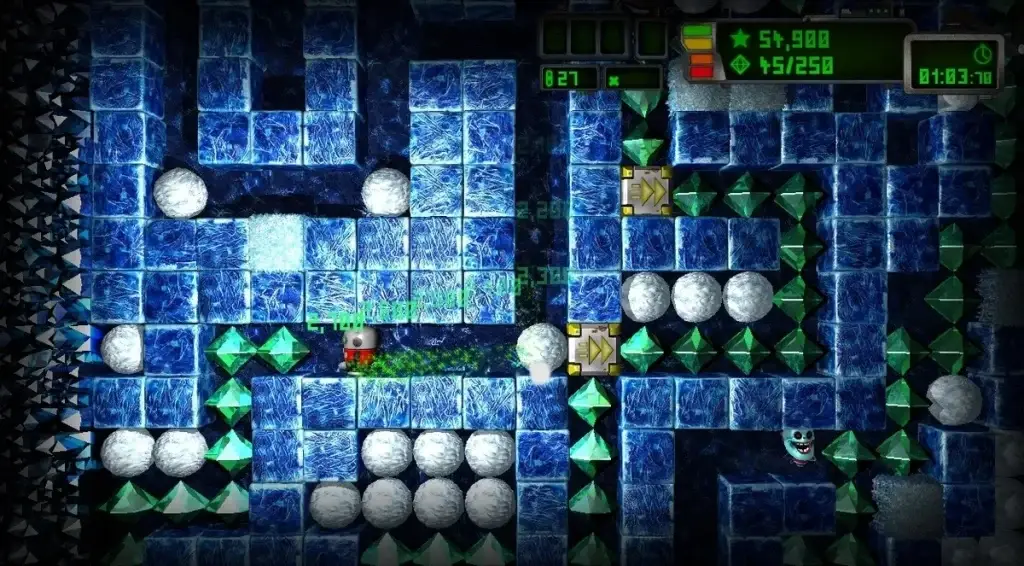 In 2024, puzzles on PC attracted a lot of attention due to the combination of innovative mechanics, interesting plots, and genre experiments. Games like Echoes of the Past and Dark Mind offer more than just brain teasers – they create an atmosphere that immerses the user in unique worlds where every decision matters. Interesting puzzles on PC have become not just entertainment, but a real test of the mind and imagination, which is what makes them so attractive to players.
In 2024, puzzles on PC attracted a lot of attention due to the combination of innovative mechanics, interesting plots, and genre experiments. Games like Echoes of the Past and Dark Mind offer more than just brain teasers – they create an atmosphere that immerses the user in unique worlds where every decision matters. Interesting puzzles on PC have become not just entertainment, but a real test of the mind and imagination, which is what makes them so attractive to players.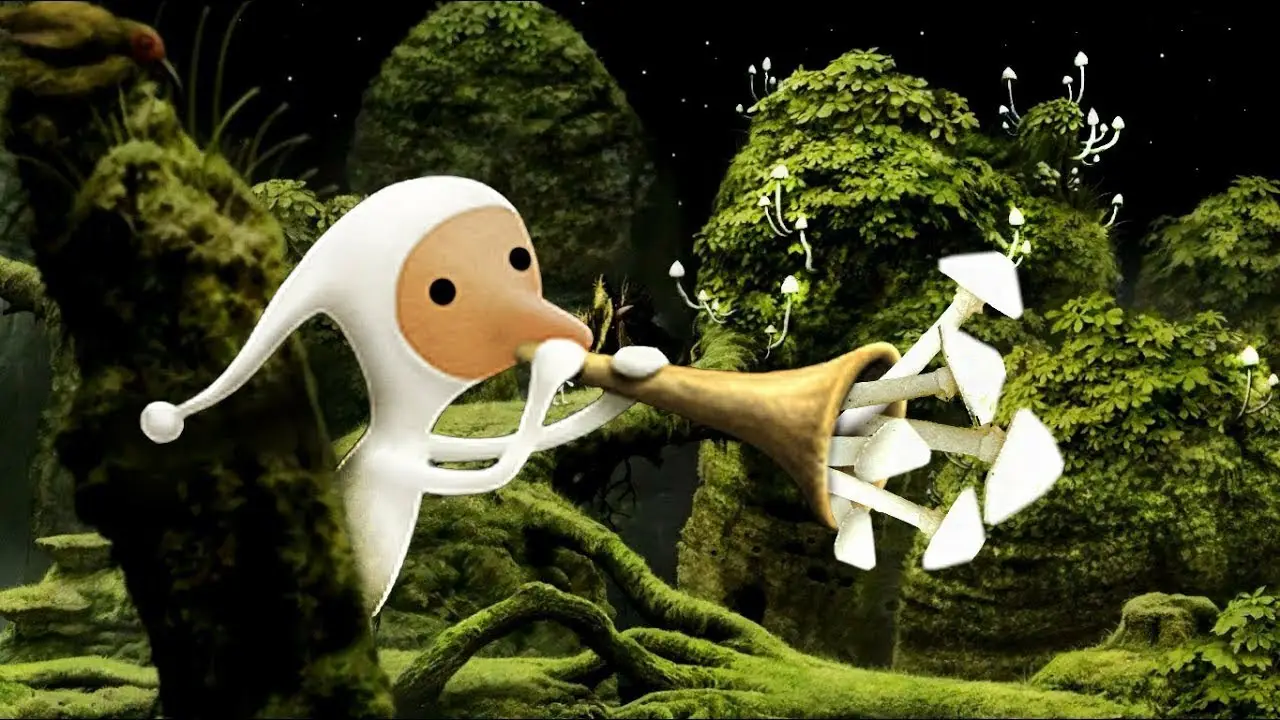
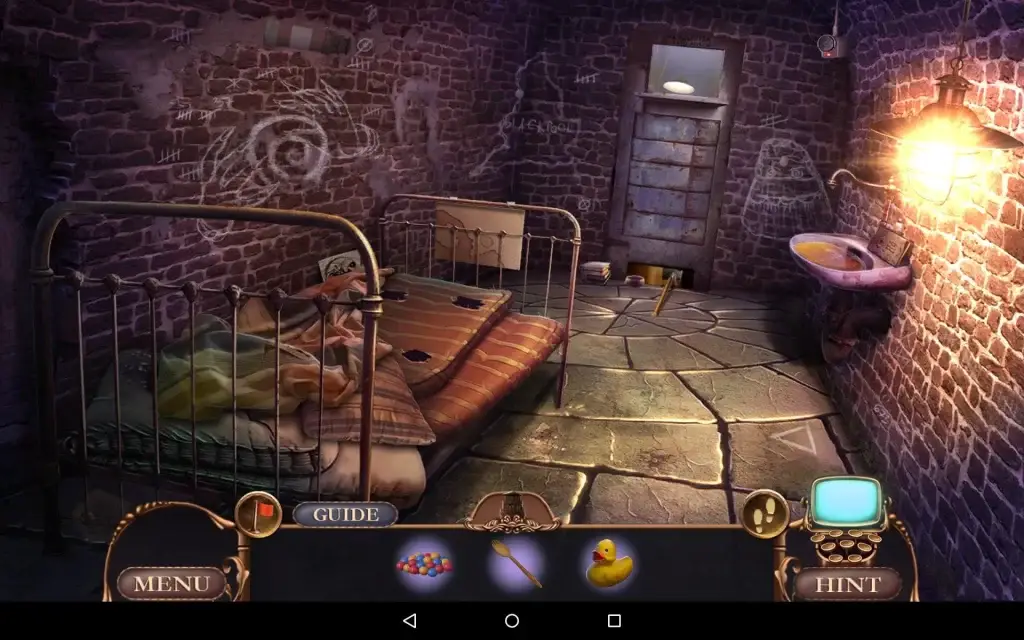 Quest games for smartphones are a real gift for those who like to think, solve and immerse themselves in worlds full of mysteries and secrets. Each of the presented projects offers something unique: from exciting puzzles to intriguing plots. Try your hand at them and discover new facets of mobile gaming.
Quest games for smartphones are a real gift for those who like to think, solve and immerse themselves in worlds full of mysteries and secrets. Each of the presented projects offers something unique: from exciting puzzles to intriguing plots. Try your hand at them and discover new facets of mobile gaming.
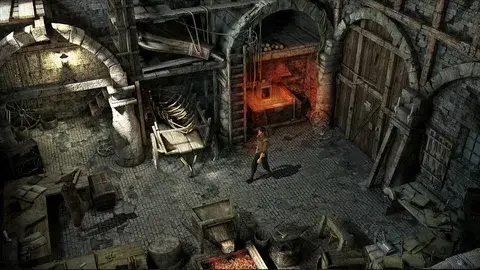 The world of magic and mysticism: each riddle is associated with witchcraft and ancient rituals. Participants will have to solve puzzles, interact with magical artifacts and find hidden paths. This online quest is the best choice for those who love puzzles and want to feel like part of a magical world.
The world of magic and mysticism: each riddle is associated with witchcraft and ancient rituals. Participants will have to solve puzzles, interact with magical artifacts and find hidden paths. This online quest is the best choice for those who love puzzles and want to feel like part of a magical world.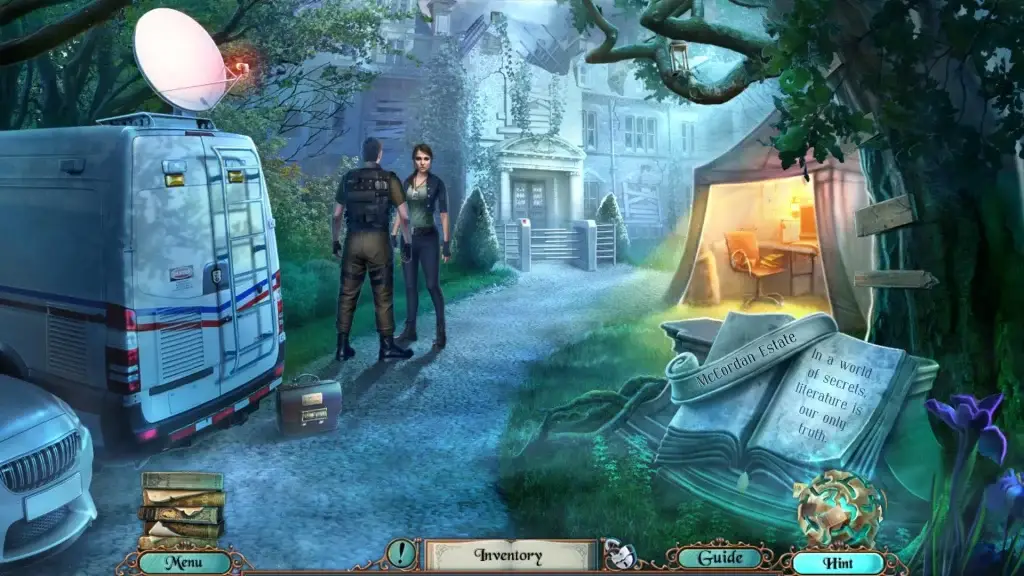 Online quests are the best virtual worlds where everyone can test their intellectual abilities, enjoy teamwork and feel the taste of victory. In this review, we looked at interesting options that offer a variety of tests and unique experiences. Each of them is a challenge worth accepting.
Online quests are the best virtual worlds where everyone can test their intellectual abilities, enjoy teamwork and feel the taste of victory. In this review, we looked at interesting options that offer a variety of tests and unique experiences. Each of them is a challenge worth accepting.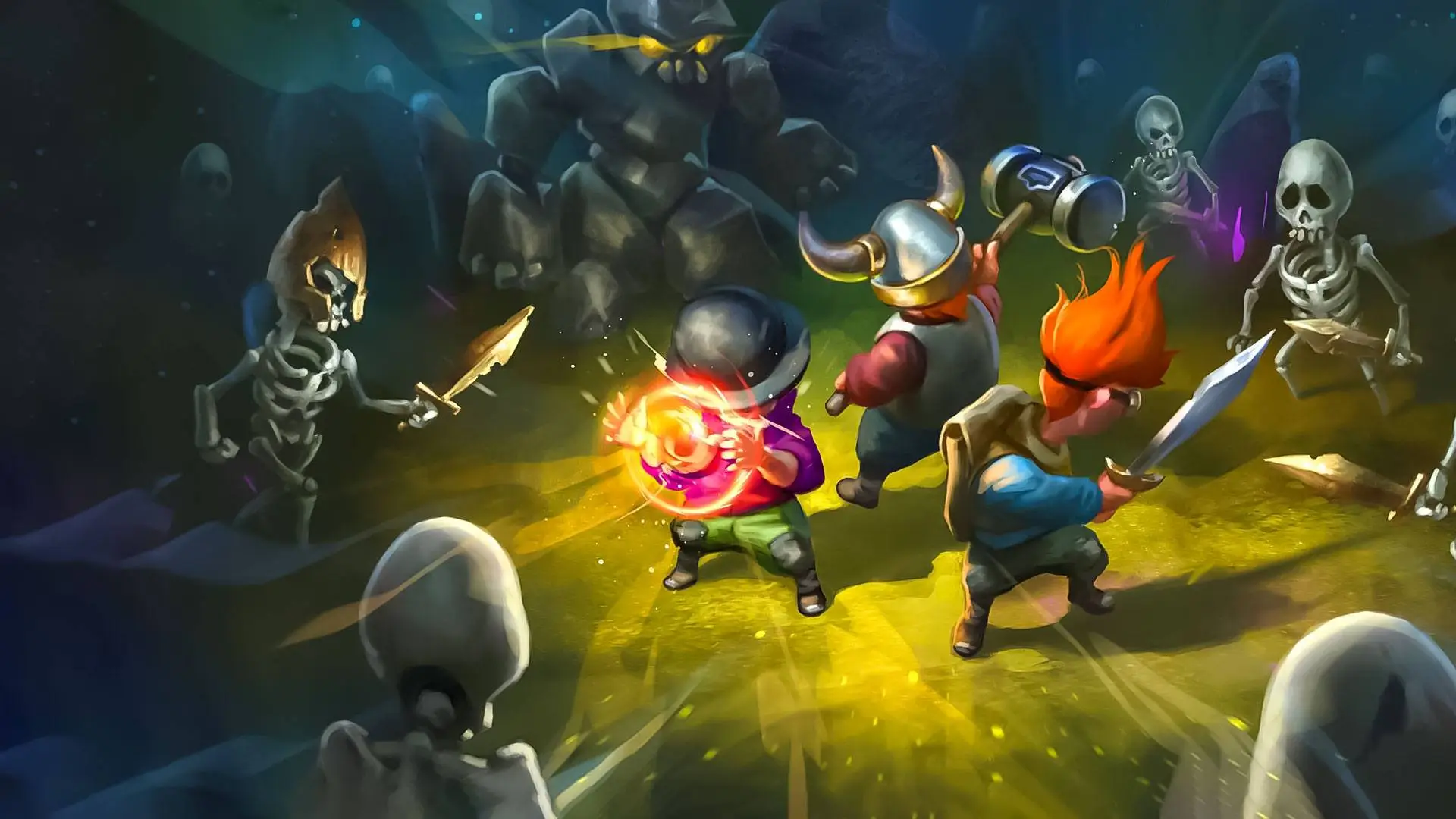
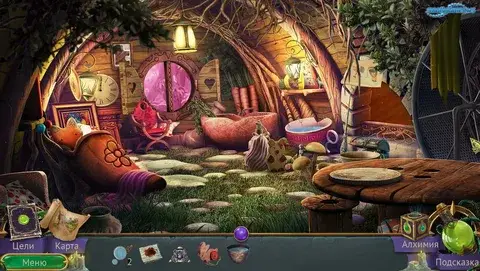 Exit: The Game is ideal for those who love charades and the atmosphere of a tense detective story. The project is suitable for both single and double play — a great choice for an evening in a company to solve puzzles together and enjoy the process. The new online quest offers different difficulty levels, so everyone will find something for themselves: a beginner or an experienced player.
Exit: The Game is ideal for those who love charades and the atmosphere of a tense detective story. The project is suitable for both single and double play — a great choice for an evening in a company to solve puzzles together and enjoy the process. The new online quest offers different difficulty levels, so everyone will find something for themselves: a beginner or an experienced player.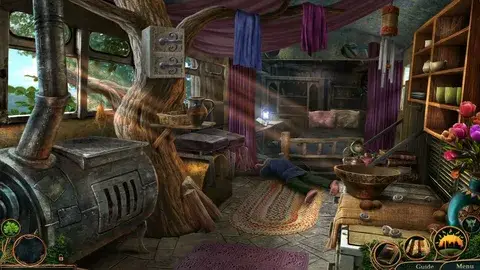 Online quests are a great way to spend time usefully: train your thinking and enjoy the fascinating stories of the game. Dive into the world of mysteries and challenges, look for hidden clues, solve puzzles and discover new worlds. Perhaps one of these projects will become a favorite, and traveling through the world of difficult tasks will bring a lot of pleasure and new emotions.
Online quests are a great way to spend time usefully: train your thinking and enjoy the fascinating stories of the game. Dive into the world of mysteries and challenges, look for hidden clues, solve puzzles and discover new worlds. Perhaps one of these projects will become a favorite, and traveling through the world of difficult tasks will bring a lot of pleasure and new emotions.





